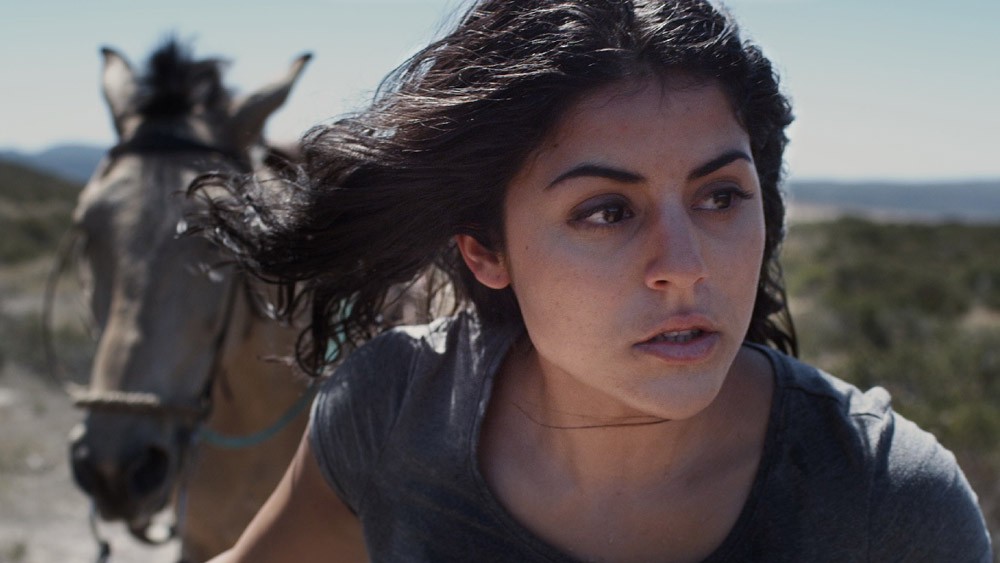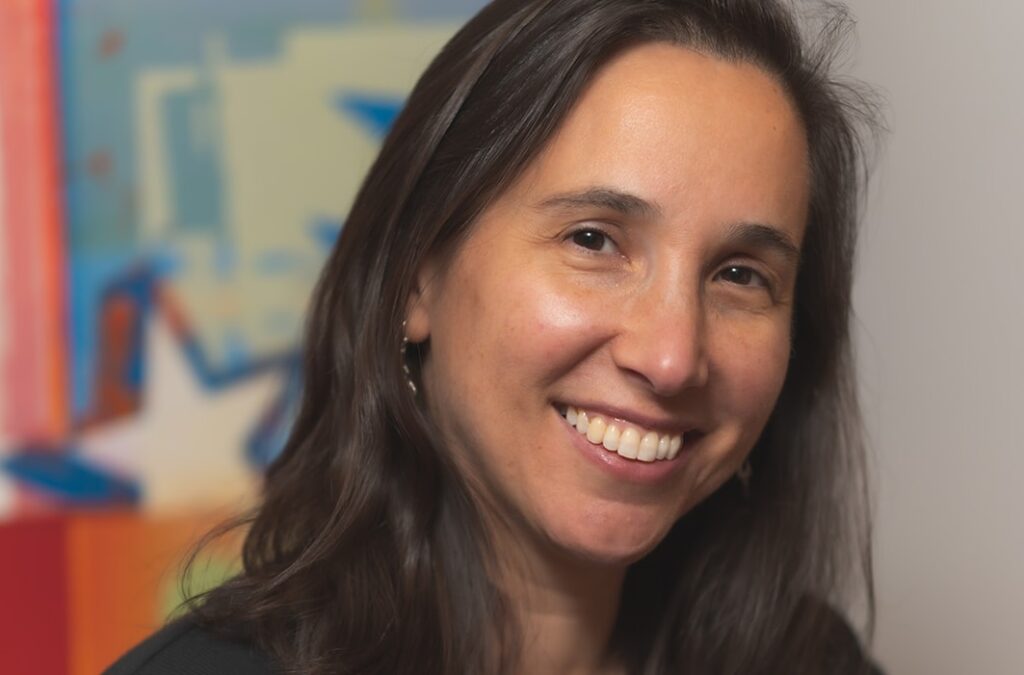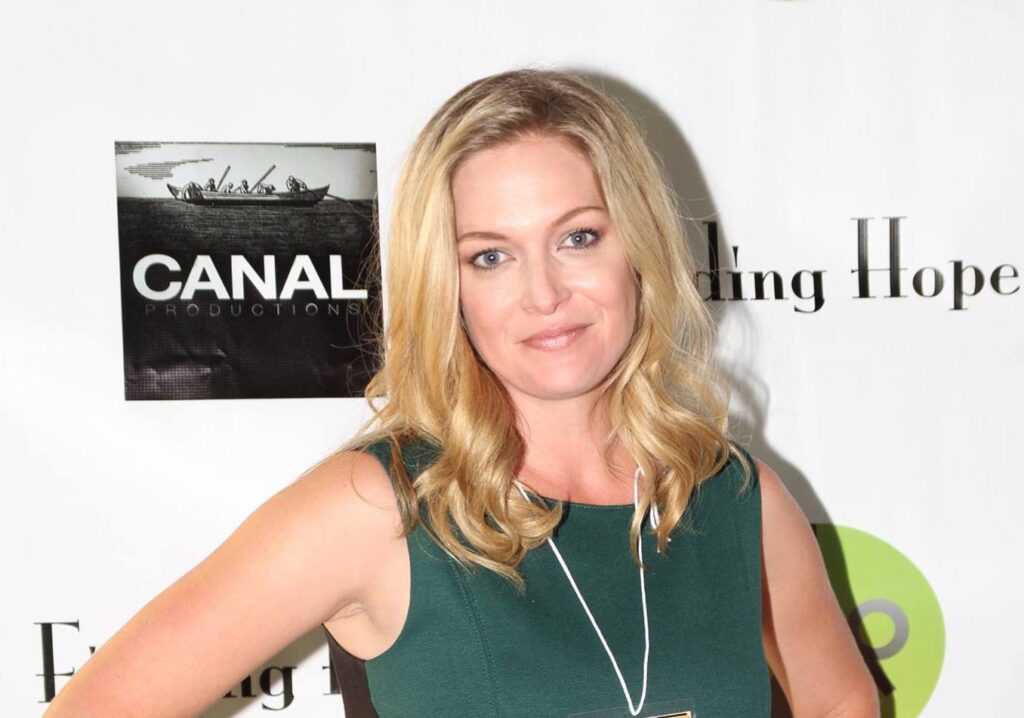“Hostile Border,” co-directed by Kaitlin McLoughlin, tells a story about a young undocumented woman (Veronica Sixtos) who is sent back to Mexico and gets involved with an charming drug smuggler (Roberto Urbina) who promises to help her get back home to the U.S. The film won the Audience Award at the 2015 LA Film Fest and it is coming out theatrically and on VOD/digital streaming on Friday, April 15.
In the past several years, as I was developing two feature projects, I started receiving similar feedback for very different screenplays. One film is a western-thriller that chronicles the transformative journey of an undocumented Chicana who gets deported from the U.S. and takes refuge at her estranged father’s ranch in México. The other is a comedy about an Irish expatriate, who upon returning to Dublin, confronts her uproarious Irish-Catholic family, her long-lost love, and the secret that forced her to leave in the first place.
Both are immigrant-centric stories, but that’s where the similarities end. Yet somehow, the general response for both scripts went something like this — “Hey, the script is great… but you have one big problem. I don’t like your main character.” So, not exactly the reaction of my dreams. Also, I had no idea I had written not one, but two unlikable characters! When I pressed for more specific notes I kept hearing things like, “I don’t know, I’m just having a hard time relating to her,” or “I’m struggling to understand why she makes such bad choices?” I wondered how two drastically different people — one stoic, brave and individualistic, the other outspoken, brazen and wickedly funny — would elicit such similar feedback. I looked for more parallels. Both characters have flaws. They make decisions that hurt themselves and others. So do most characters in every film ever made. Then, it dawned on me. The problem wasn’t that both of the characters weren’t likeable. It was that both of them were women.
So often, women in movies are only allowed to be one thing. They can be good or bad, but definitely not both at the same time.
So often, women in movies are only allowed to be one thing. They can be good or bad, but definitely not both at the same time. Such dualities are commonplace for male characters. Male characters seem to get away with more and more. They lie, steal, cheat and kill and still we identify with them. We search for flashes of their humanity as we watch them descend into darkness. Today’s audience is sophisticated; it understands that a protagonist can be both a drug dealer and a devoted father. We like these men not in spite of their flaws, but because of them. So why are we still afraid that audiences won’t accept the same complexity in female characters?
I would be lying if I told you that I didn’t take the concerns about my heroines to heart. I worried audiences wouldn’t relate to them or be sympathetic to their struggles. I considered ways to make them more appealing. It’s my job to take the feedback I receive very seriously, especially if it bothers me. It often means the reader has touched a nerve, exposed a weakness in the writing. In this case, I believe the opposite is true. I’ve come to realize that I must push back when it comes to what the entertainment industry will accept from and about women. So rather than soften or simplify my characters, I’m digging deeper into their dark sides. I’m doubling down on my belief that audiences are more than ready to reckon with these women. In this age of constant content, it’s time we open the floodgates and embrace the complexity in characters of all types.
In the coming days, my first feature “Hostile Border” will be released. I wrote and co-directed the film along with director and cinematographer Michael Dwyer. Claudia, the main character, is a strong, adaptable young woman, who is determined not to be a victim. I drew inspiration for her character from westerns, envisioning her as a modern day cowboy, one who’s drifted off course in pursuit of the increasingly evasive American dream. Veronica Sixtos delivers a bold and nuanced performance as Claudia. I hope you will see parts of yourselves in her. I hope you will find her choices frustrating, her journey harrowing and her life meaningful. I hope you will see her for who she is. Fierce. Unpredictable. Resilient.
Kaitlin McLaughlin is a writer-director based in Los Angeles.
”https://content.jwplatform.com/videos/Bl4uhdhQ-720.mp4" in url






